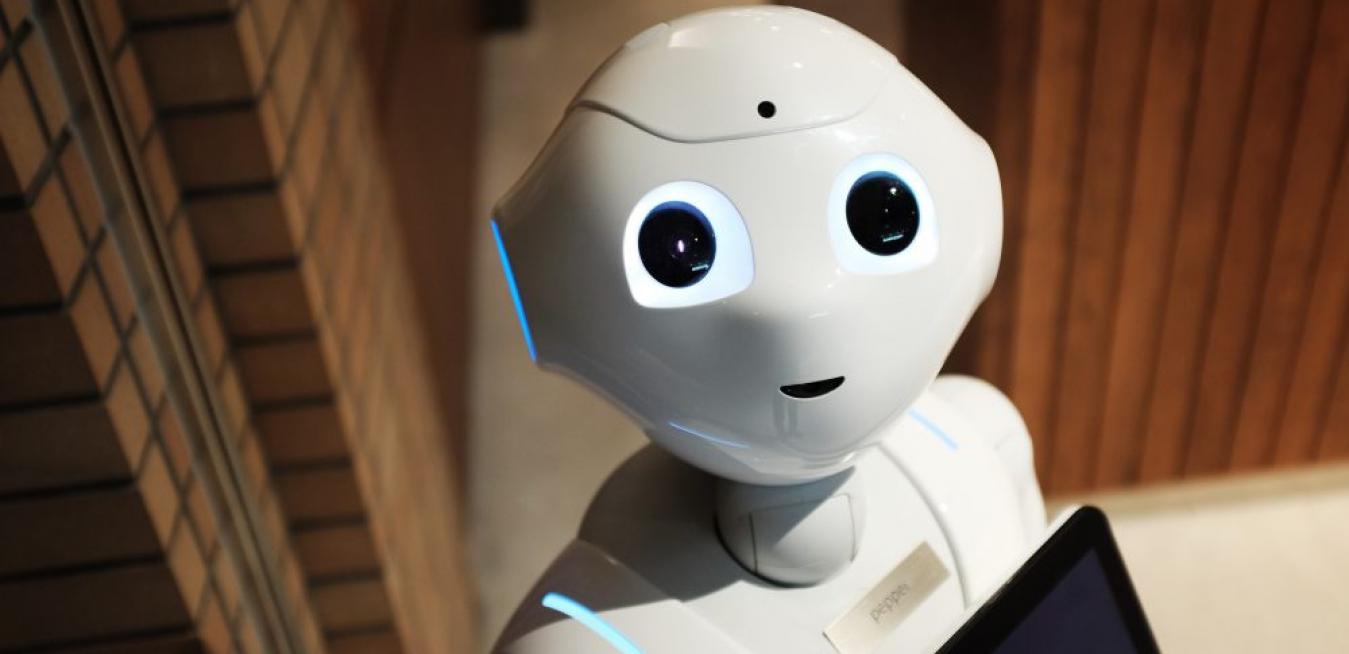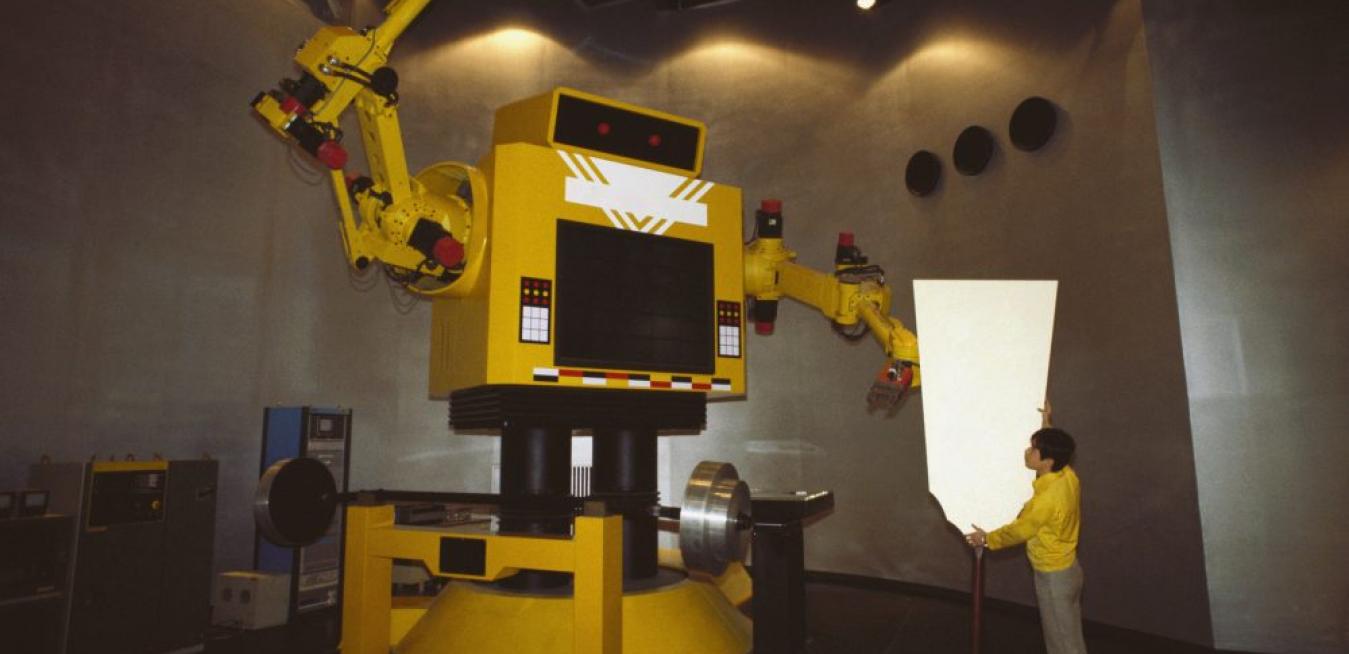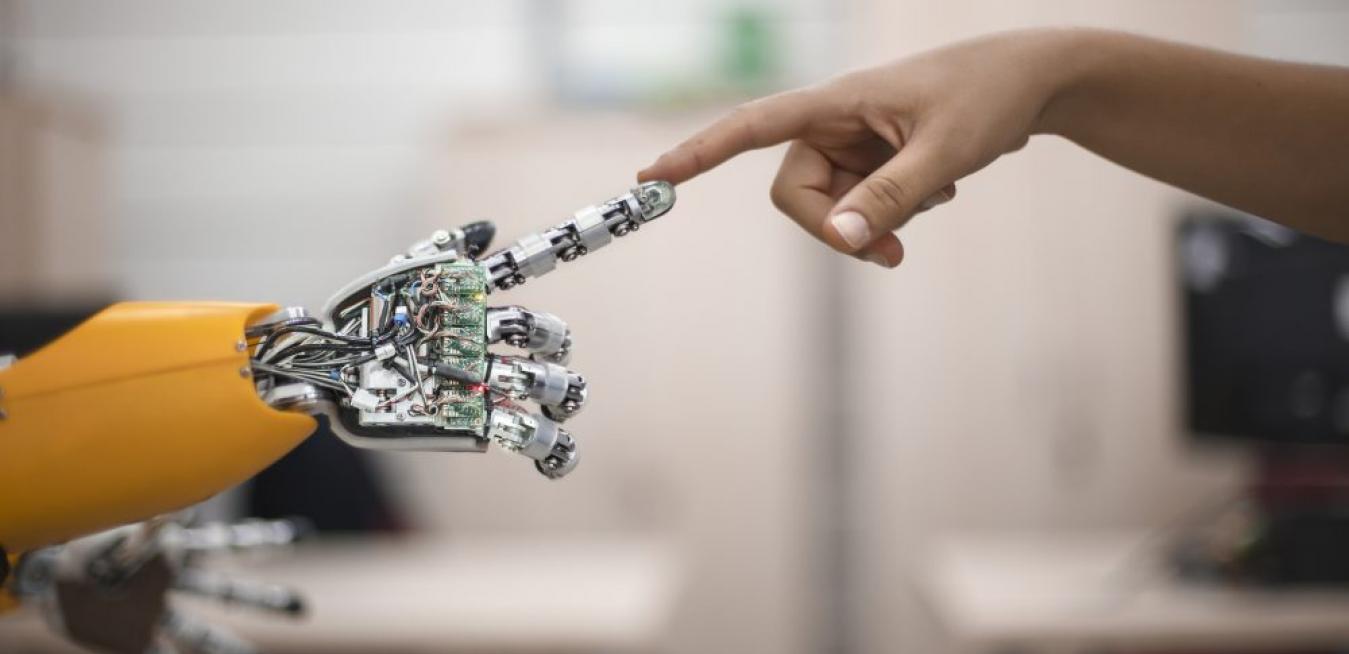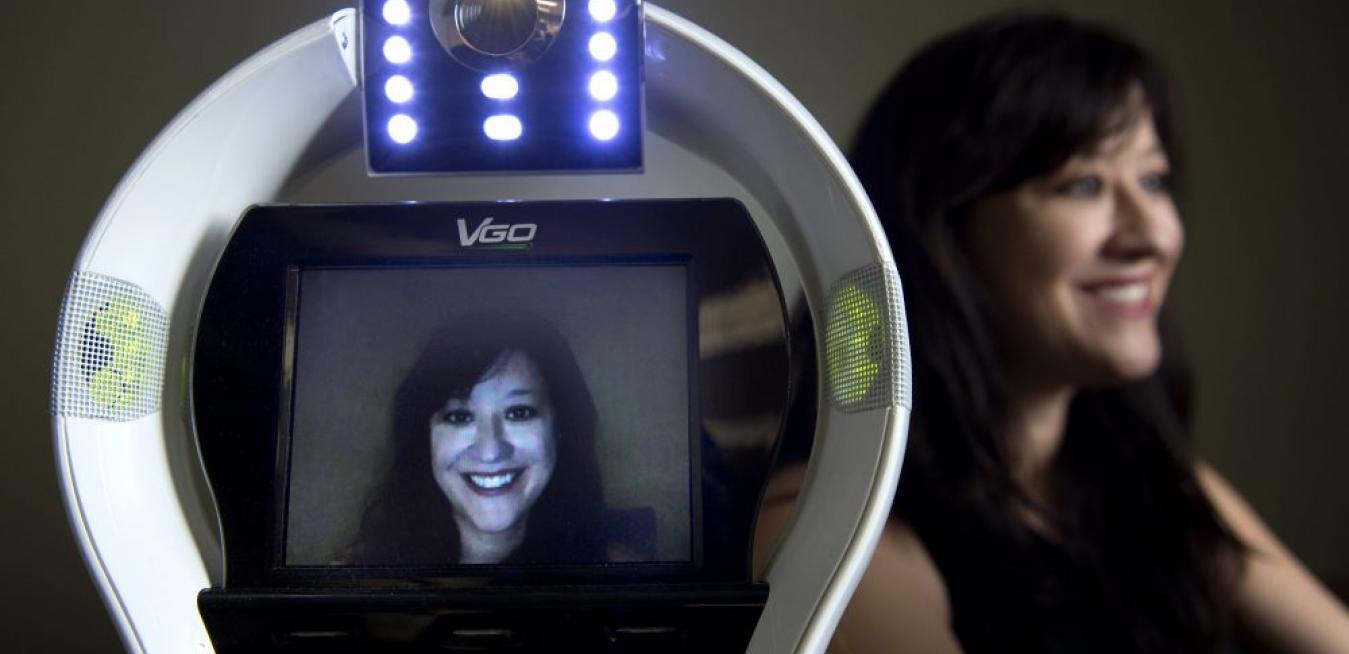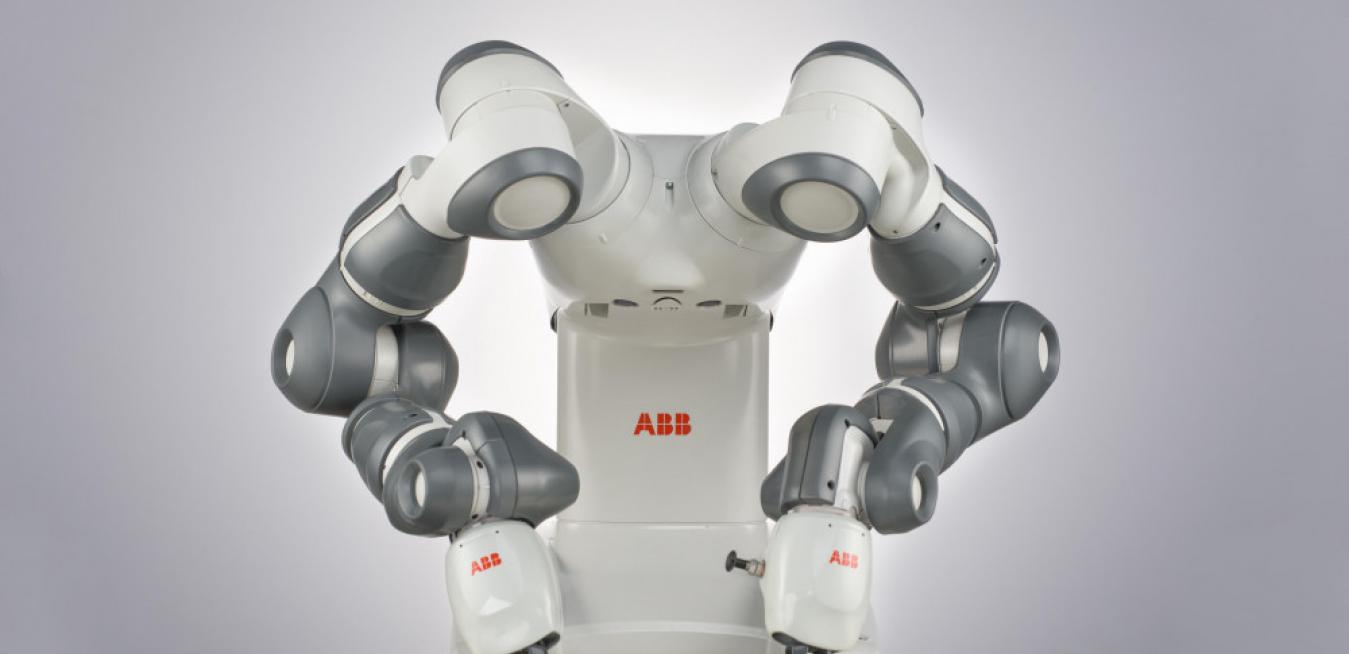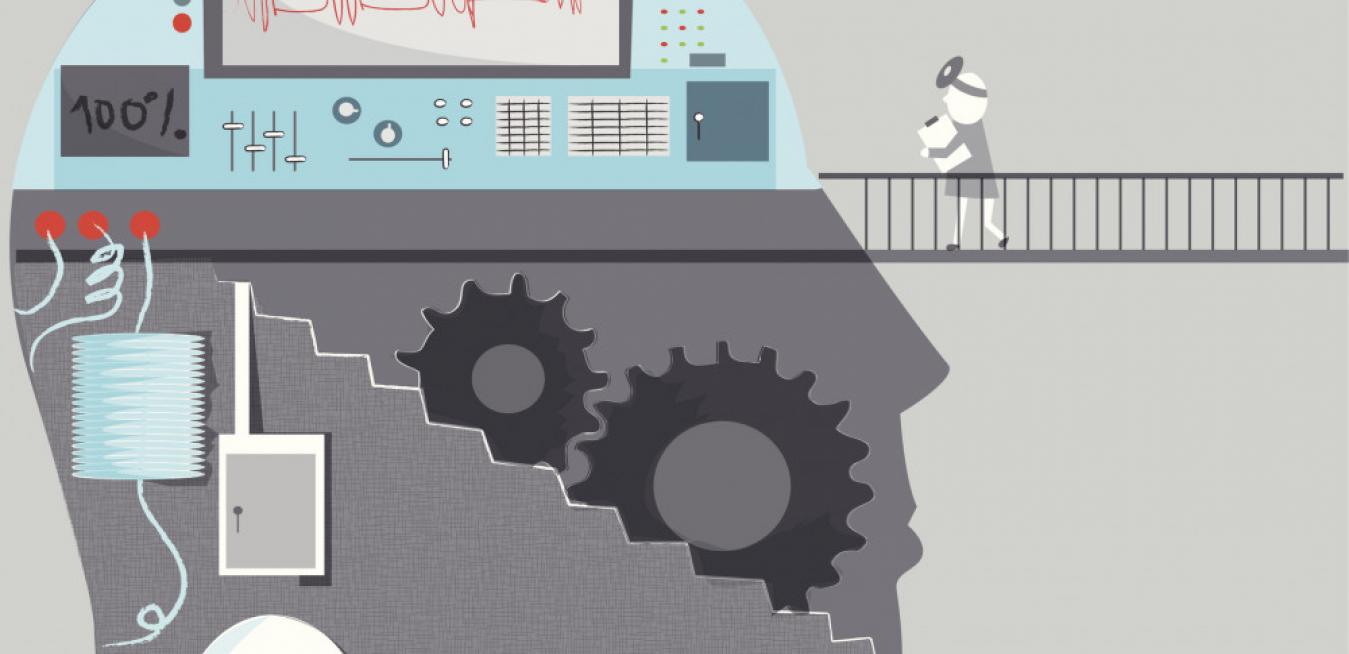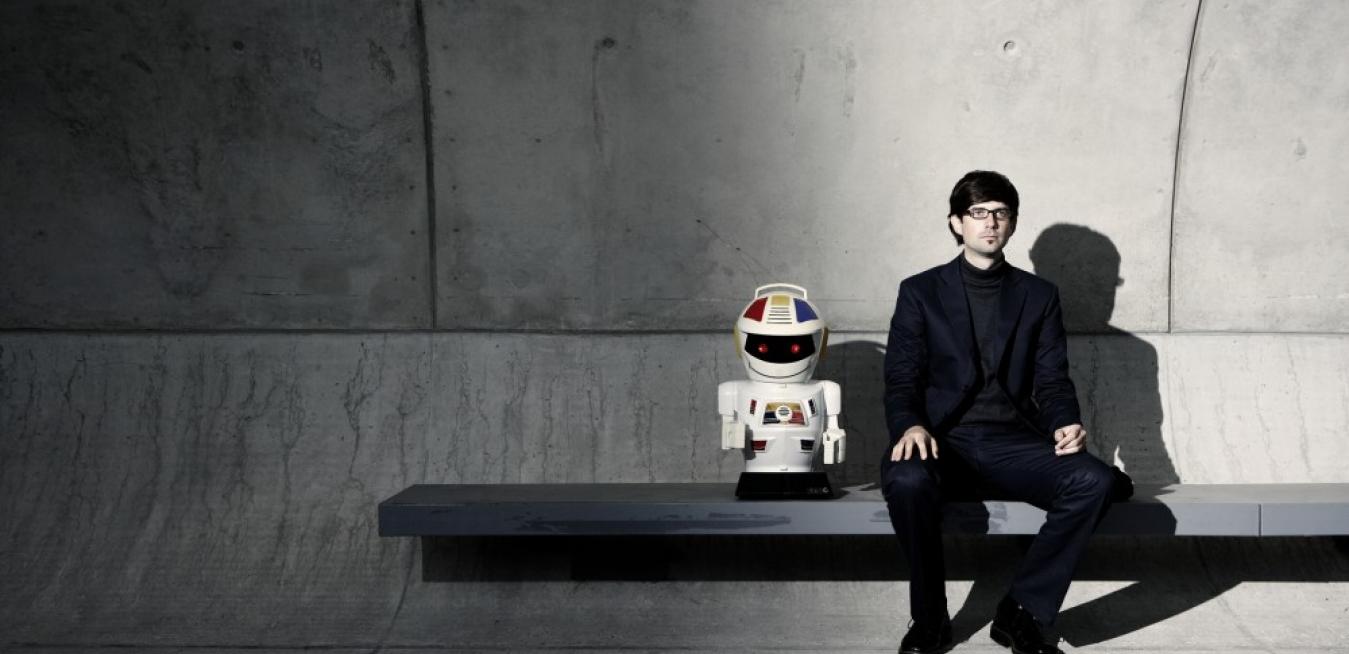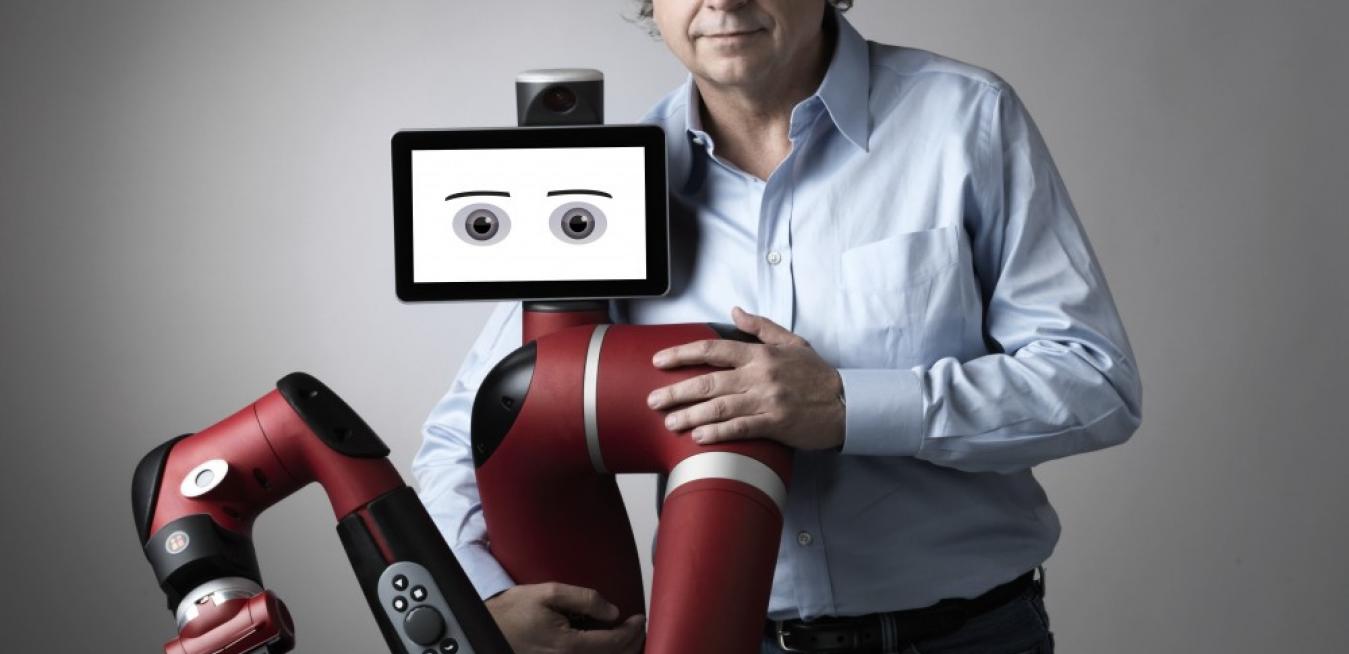For robots to be most useful when working alongside humans, we'll have to figure out how to make robots that can literally lend us a hand when our own two are not enough, writes Taskin Padir of Northeastern University.
Students with chronic illness often get only a few hours of education a week. Telepresence robots could let them participate fully in classroom and school activities, write Veronica Ahumada Newhart and Mark Warschauer from the University of California, Irvine's School of Education.
Robotic process automation will soon aid workers not just in factories but in cubicles. Whether it’s making a PowerPoint deck or on-boarding a client, automation opportunities through artificial intelligence can streamline time-intensive, repeatable tasks, writes Ravnit Kohli, senior director with Synechron. But office workers aren’t going away anytime soon.
Robots probably will take our jobs. That doesn’t have to be bad news, writes Leonardo Quattrucci, policy assistant to the Head of the European Commission's European Political Strategy Centre. The future of work is about more than just automation. Machines push us to specialize in our competitive advantages, which would ideally push us toward a more connected and equitable economy.
What keeps you up at night?
